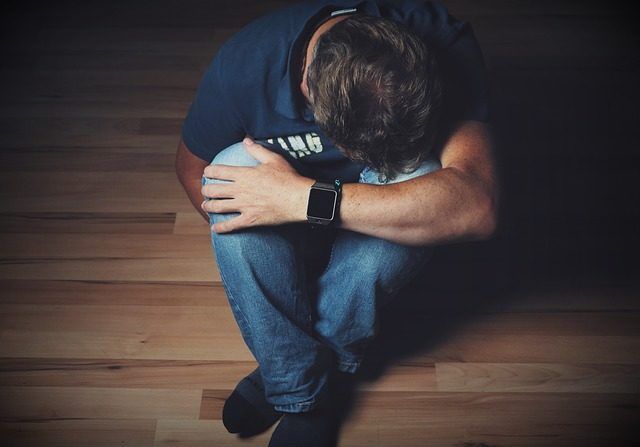A Link Between Sleep Apnea and Weight
We understand there are numerous influencers in the development of sleep apnea. While we might not understand each connection, one thing that is clear is that weight loss can significantly improve the symptoms of sleep apnea. Because obesity is a leading cause of sleep apnea, it is important to exercise and lose weight to protect your overall health.
Weight Loss and Improved Sleep Apnea
Weight loss can significantly improve, and potentially eliminate, obstructive sleep apnea (OSA) symptoms in people that are obese. Researchers continue to study the area of sleep apnea, which is how we have learned that people with severe OSA who lost the recommended amount of weight were three times more likely to experience remission of sleep apnea symptoms compared to those who did not lose any weight.
Most patients with sleep apnea are overweight, but that doesn’t mean everyone is obese—only some. By losing weight, you can eliminate fat that blocks the windpipe, and it will not only fix your sleep complications, but can also help with:
- Cholesterol
- Knee pain
- Fit of your clothes
- Overall feeling of yourself
It has even been found that moderate to severe sleep apnea can be completely corrected by losing excess weight. And, for others, even a small amount of weight loss can open up the throat and improve sleep apnea symptoms.
Sleep Apnea Treatment
If you have lost weight, but are still experiencing symptoms of sleep apnea, it is important to seek further care. While the weight loss might not have eliminated all of your symptoms, it still helped. Contact Dr. Bonnie Foster at Craniofacial Pain & Dental Sleep Center of Virginia to learn more about why your sleep apnea symptoms might still be present, and what treatment options are available. Through oral appliance therapy, you may finally find relief from your symptoms.
When was the last time you slept through the night, waking up feeling refreshed? Remember, sleep apnea should never be ignored. Dr. Foster at Craniofacial Pain & Dental Sleep Center of Virginia can help provide relief from sleep apnea in Warrenton for many patients.









